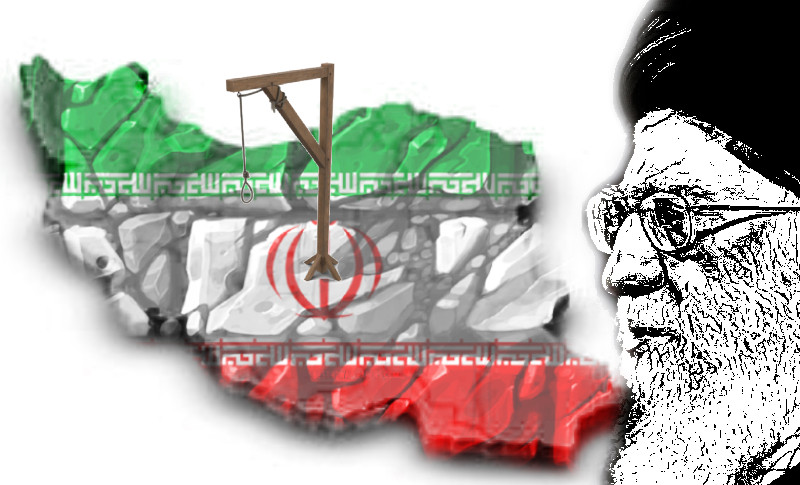
The religious dictatorship carried out nine executions at three jail sites on Sunday, August 8, three days after Ebrahim Raisi was sworn in as the country’s new president. Another hanging occurred on Monday, bringing the total to at least 22 for the month of August and over 200 since the start of the year.
The world’s highest rate of executions
In July, 48 people were sentenced to death, while three human rights lawyers were accused of spreading propaganda and plotting to topple the government, and were sentenced to multiple years in prison.
Both of these measures by the Iranian judiciary reflect long-standing patterns in Iran under the mullahs’ rule, which is well-known for having the world’s highest rate of executions per capita.
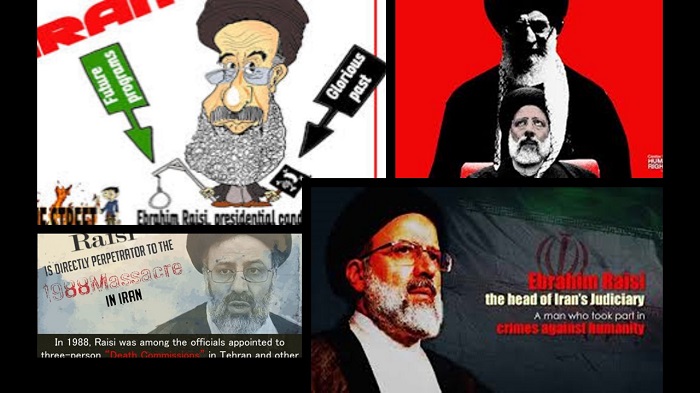
Tehran routinely dismisses international criticism
Tehran routinely dismisses international criticism of these figures, as well as its overall human rights record, by making frivolous accusations of “global arrogance” in an attempt to deflect attention away from the regime’s open use of capital punishment in cases that clearly do not meet international standards.
This was the case, for example, during the regime’s most recent wave of executions, when Sajad Sanjari was hanged in compliance with his 2012 purported murder conviction. Sanjari was only 15 years old at the time of his capture, making his death penalty a clear violation of international law.
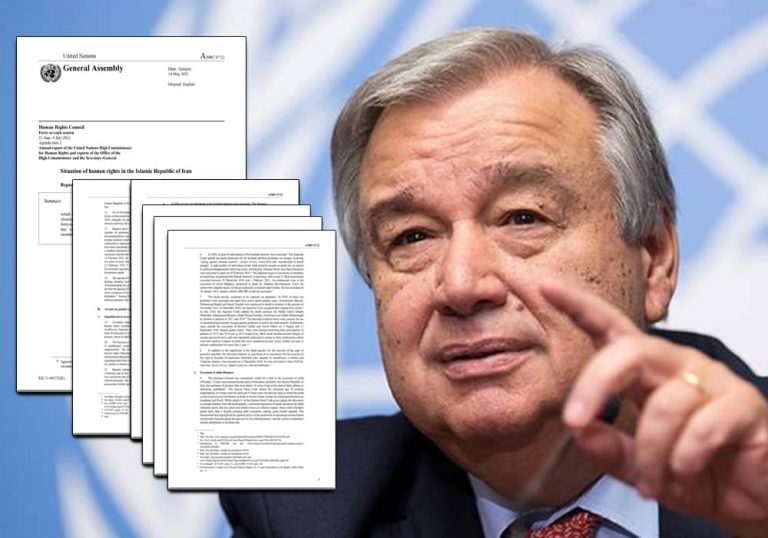
The rate of executions is growing
Only five of the more than 200 executions known to have taken place in Iran this year have been announced by the regime’s enormous official media machinery.
Independent media sources and local Iranian activists brought the rest to the attention of human rights campaigners.
Many of these activists have concluded that the regime’s new president’s apparent continued acceleration in the rate of executions is a symptom of the regime’s growing dominance.
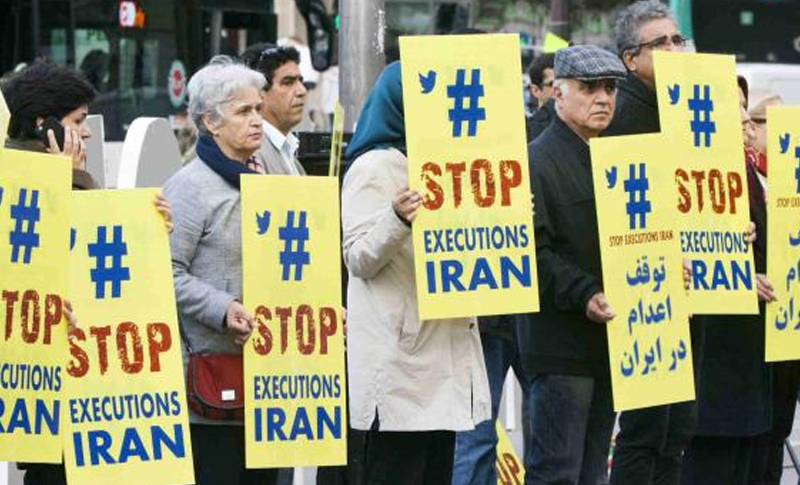
History of grave human rights violations
On June 18, Supreme Leader Ali Khamenei, the regime’s ultimate authority, appointed Ebrahim Raisi to that position. The vast majority of the public, however, boycotted the rigged election in protest of Raisi’s 30-year history of grave human rights violations. He became a major contributor in the Tehran “death commission” in the summer of 1988, which oversaw the massacre of 30,000 political detainees. Raisi also played a key part in a crackdown on nationwide protests in late 2019 and early 2020, as head of the judiciary, which saw 1,500 people executed in a matter of days and thousands more tortured over months.
Of course, given Raisi’s history of human rights atrocities, the most serious concerns about his appointment revolve around the suppression of dissent and the brutal punishment of members of opposition groups such as The People’s Mujahedin of Iran (PMOI / MEK Iran), and the National Council of Resistance of Iran (NCRI).
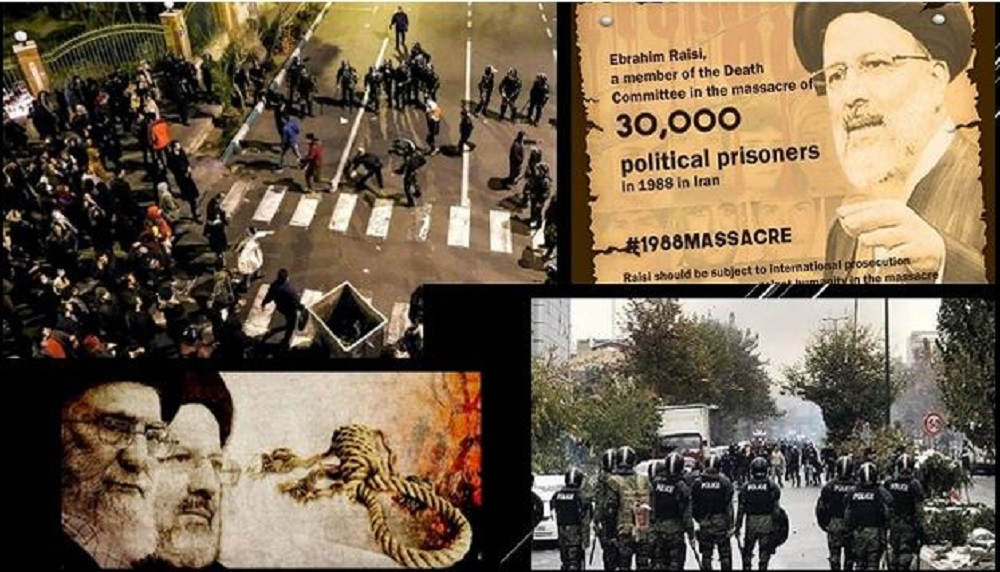
The European Union likely reinforced Raisi’s impunity
“That Ebrahim Raisi has risen to the presidency instead of being probed for the crimes against humanity of murder, enforced disappearance, and torture is a sobering reminder that impunity reigns supreme in Iran,” stated Agnès Callamard, the Secretary-General of the human rights group, Amnesty International.
Last Monday, the European Union likely reinforced Raisi’s impunity by sending a senior foreign policy official to his inauguration, giving him extra credibility and downplaying his responsibility for crimes against humanity.
“It is time to refer the mullahs’ awful human rights record of four decades of crime against humanity to the UN Security Council for the implementation of tangible and severe measures,” the Iranian National Council of Resistance of Iran recently stated.
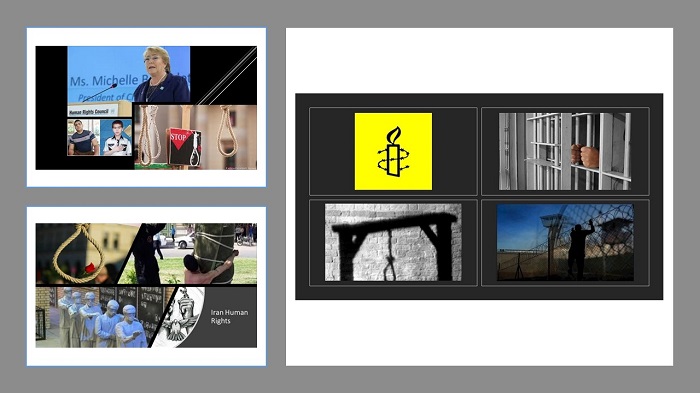
MEK Iran (follow us on Twitter and Facebook)
and People’s Mojahedin Organization of Iran – MEK IRAN – YouTube







